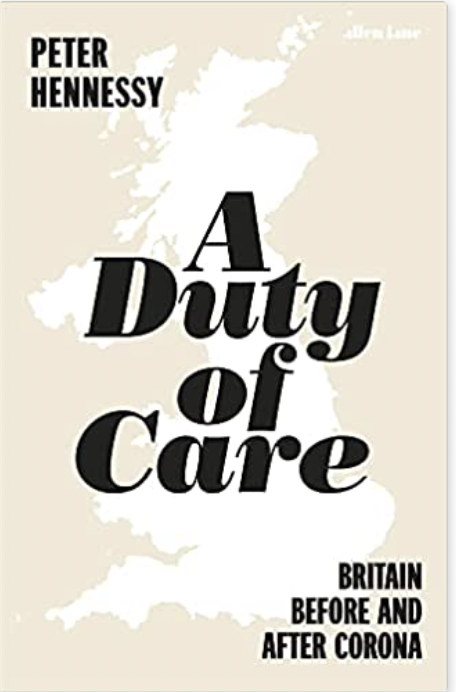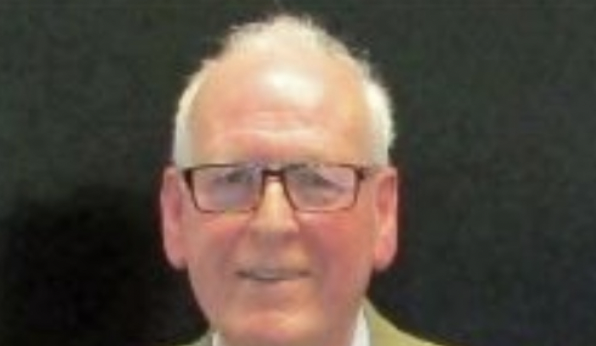
Collective response to the virus


Historian, broadcaster and member of the House of Lords, Professor Peter Hennessy’s Covid diary collecting his thoughts each day, started six days before the UK went into its first lockdown, vulnerable through illness, sits as a cross-bencher, has been told to shield at home from the virus. He discovered the links between the post-second world war eras of reconstruction. Born in 1947, was raised to 15, and a little over a year before the appointed day of July 5, 1948, when the National Health Service and a new system of social security came into being. Hennessy is the admirer of “our better past”, created from the rubble of war, a past which not only shaped the grammar school world of his youth, still feels embodied in the banging of pots and pans every Thursday night to honour the NHS and all those working at the front lines of the Covid pandemic.
Leading Tory Rab Butler, the epitome of the postwar consensus and one half, with his Labour counterpart Hugh Gaitskell, of the centrist economic policy known as “Butskellism”. What is needed after Covid is renewed consensus and determination to rebuild a society scarred and disfigured by the inequalities and political divisions exposed by the pandemic, whether in the reform of social care or meeting challenges of climate change.
The “duty of care” which the state owes to its citizens is a phrase much used, but what has it actually meant in Britain historically? And what should it mean in the future, once the immediate Covid crisis has passed?
In A Duty of Care, Peter Hennessy (Baron Hennessy of Nympsfield), divides post-war British history into BC (before covid) and AC (after covid), and looks back to Sir William Beveridge’s classic identification of the ‘five giants’ against which society had to battle – want, disease, ignorance, squalor and idleness – and laid the foundations for the modern welfare state in his wartime report
A Duty of Care charts the efforts of the British political class as it struggled to build the welfare state and maintain full employment in conditions of relative economic decline and disorientation over Britain’s place in the world.
Scholars of social policy have challenged the idea that the famous Beveridge Report on social insurance gave birth to a new welfare settlement.
The author admires politicians from across the political divide and writes with approval of Conservative politicians such as Harold Macmillan, Michael Heseltine and Kenneth Baker, and Labour figures such as Clement Attlee and Ernie Bevin.
Only in the collective response to the virus, the mutual support and aid to which it gave rise, the enormity of the economic interventions deployed to blunt its impact, and the scientific endeavours to find a vaccine for it, its hopes for the future to be found.
Hennessey’s book is a personal reflection marked by his deeply held commitment to a society of equals.
A Duty of Care: Britain Before and After Covid by Peter Hennessy, Allen Lane £20, 256 pages.
